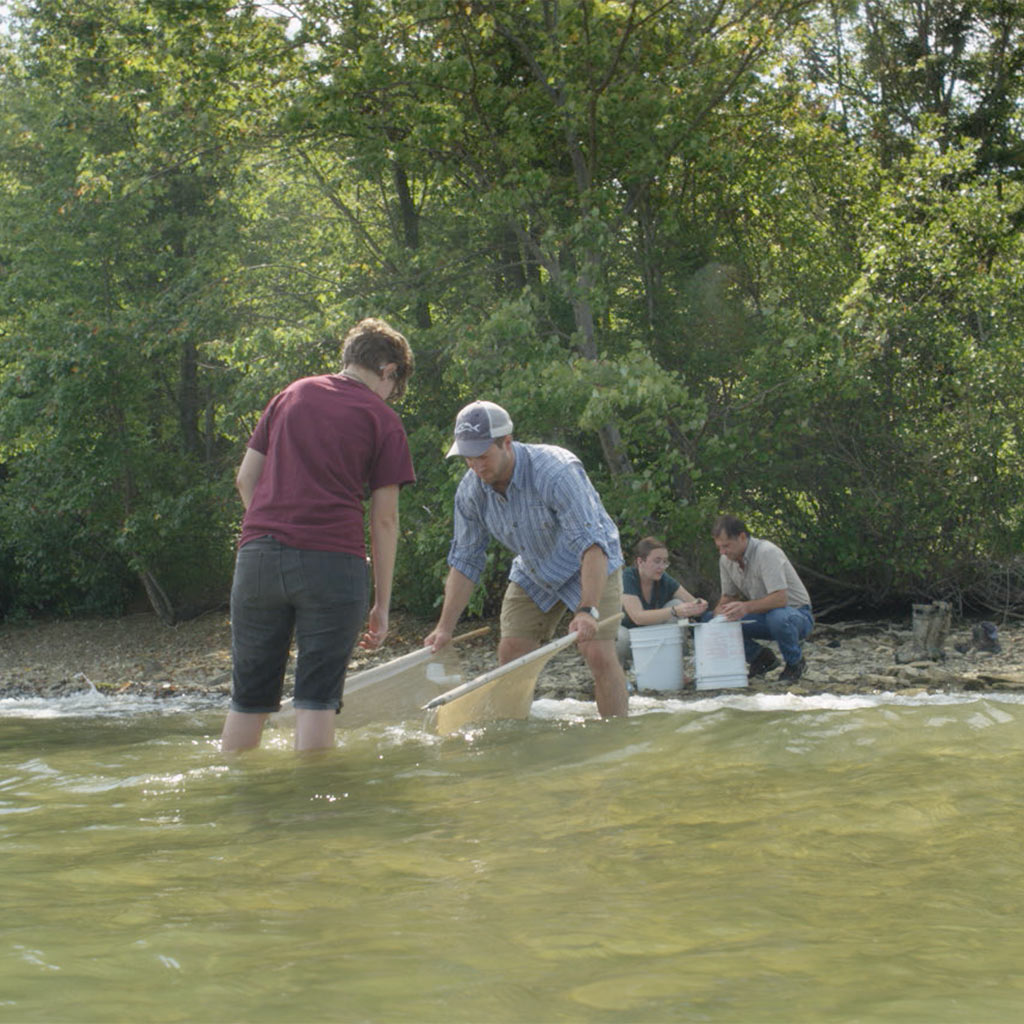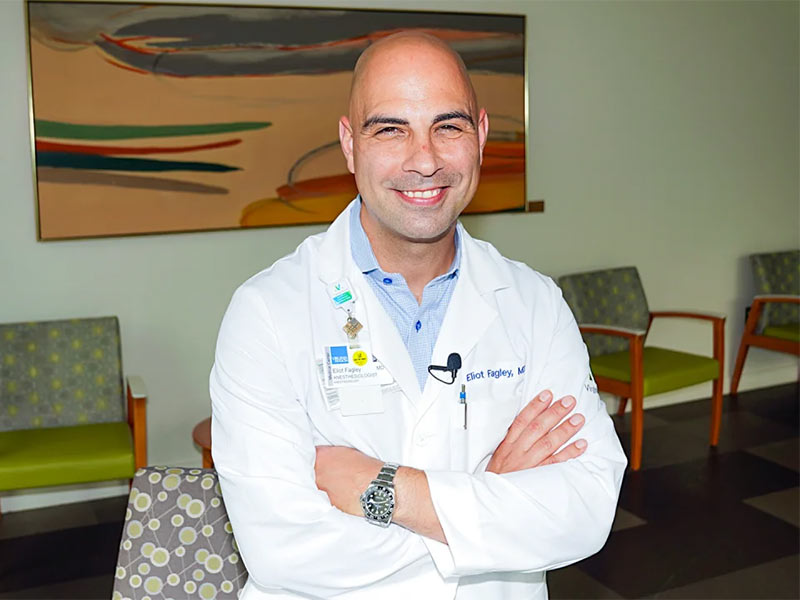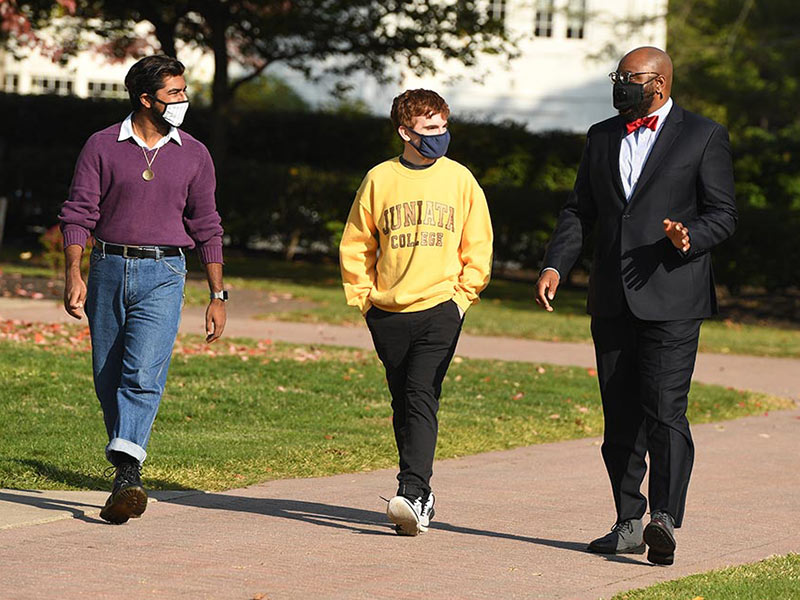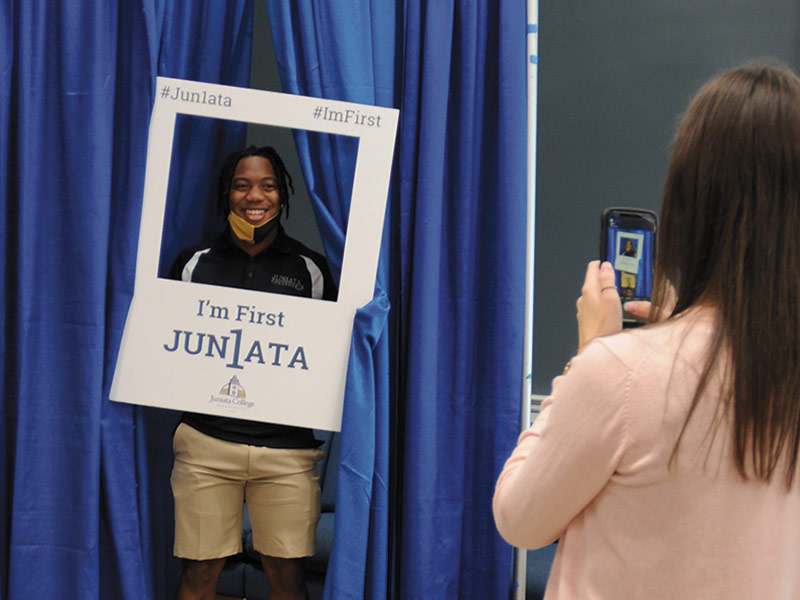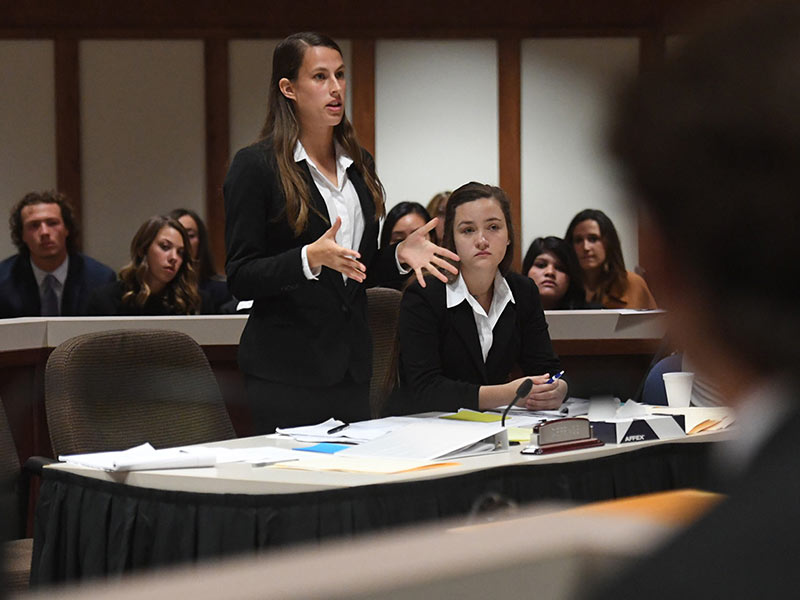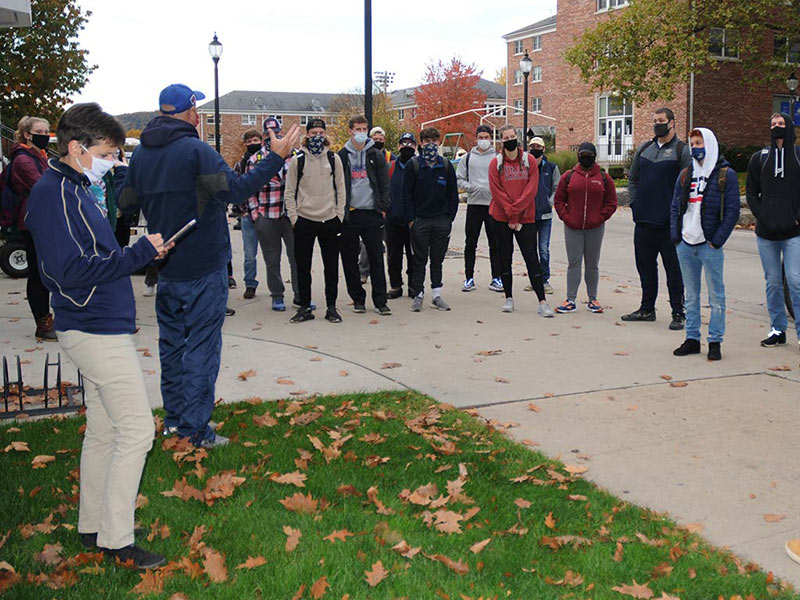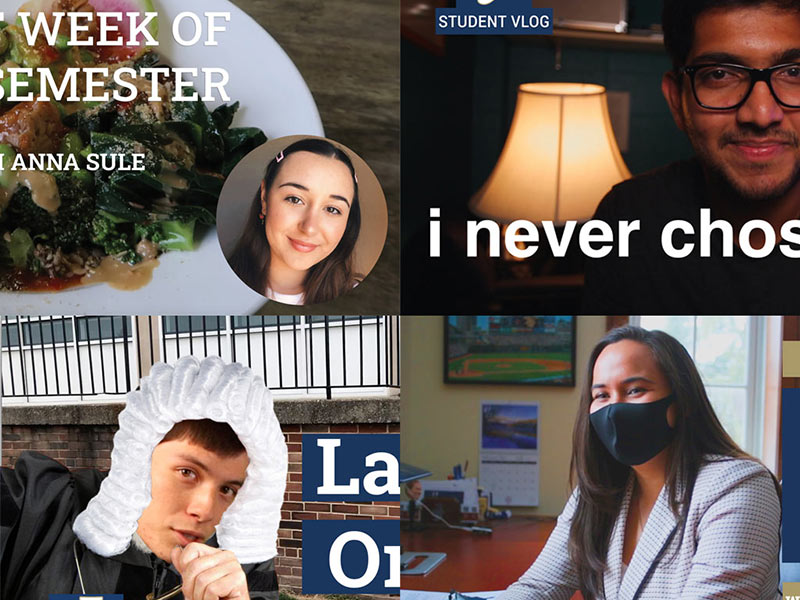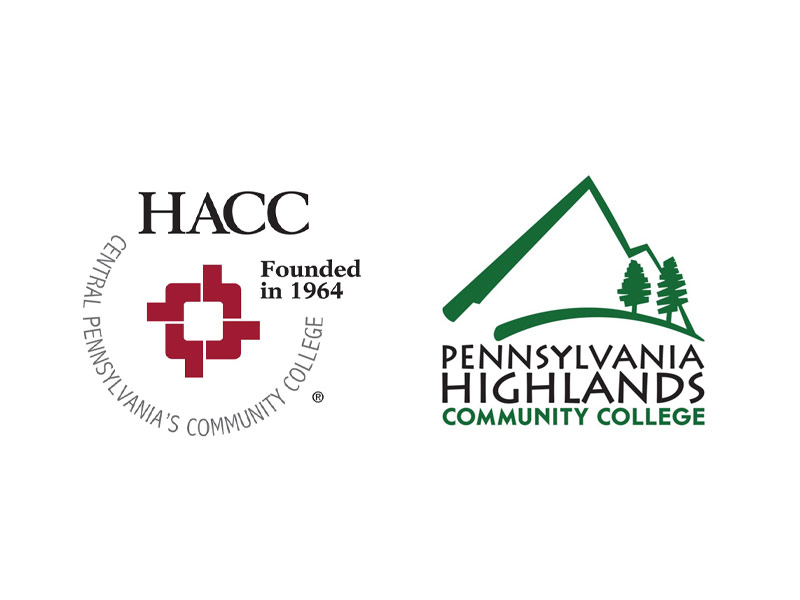The new position offered him not only the chance to return to the region where he grew up, it also provided a living laboratory for research and instruction within the surrounding hill and valley terrain with plentiful waterways.
A native of York County, Pa., George’s education took him to Arizona, Maryland, Michigan, and West Virginia.
“After my master’s degree, I taught biology and environmental science for four years in the Department of Biology at Western Michigan University,” said George. “I came back to the mid-Atlantic states when I did my Ph.D. at West Virginia University.”
Teaching at Western Michigan University allowed George to conduct research alongside his students. As he continued as an adjunct teaching assistant and later, a non-tenured professor teaching in fisheries and wildlife, his research work continued to expand.
“In 2014, I saw that Juniata was preparing to start a fisheries program to join the existing wildlife program they had already developed,” he said. “That seemed pretty attractive to me, so I applied for it. I was excited when they offered me the position. It got me closer to where I grew up.”
“The openness of the country here and how rural it is—there are so many great places, both woodland and water resources.” George Merovich, associate professor of environmental science
His interest in aquatic ecosystems longstanding, Raystown Lake was a familiar destination for George while in high school. Now, his own family would have the opportunity to explore the area for themselves.
“My three children love to go fishing and we like to go hunting,” George said. “We all enjoy the outdoors.”
Juniata’s location serves to attract students interested in environmental science and fisheries as well.
“The openness of the country here and how rural it is—there are so many great places, both woodland and water resources,” he said.
The main focus of George’s research in aquatic ecosystems, and within that discipline, restoration evaluation, conservation, and protecting ecosystems. His interest is in evaluating the success of restoration work by assessing and measuring the ecological lift provided (or not provided) through the implementation of ecological strategies.
“The idea is to measure those attributes before any restoration takes place and to measure again afterward,” he said. “We need to find out how much benefit there was.”
The restoration-focused research also looks at the watershed as a whole, rather than only on the individual stream. A watershed, the area that drains into a particular body of water, can range broadly in size depending upon the identified body of water. Small watersheds, surrounding a stream, are part of larger and larger watersheds surrounding rivers, lakes, or bays.
“You need to look at the context in which a particular stream is set and the conditions in the landscape surrounding that individual stream,” said George. “Ecology is very much like economics—it’s about location, location, location. Where you are impacts how you function. Part of my focus is trying to design strategies that prioritize restoration. We need to be smart about where investments are placed at the watershed level.”
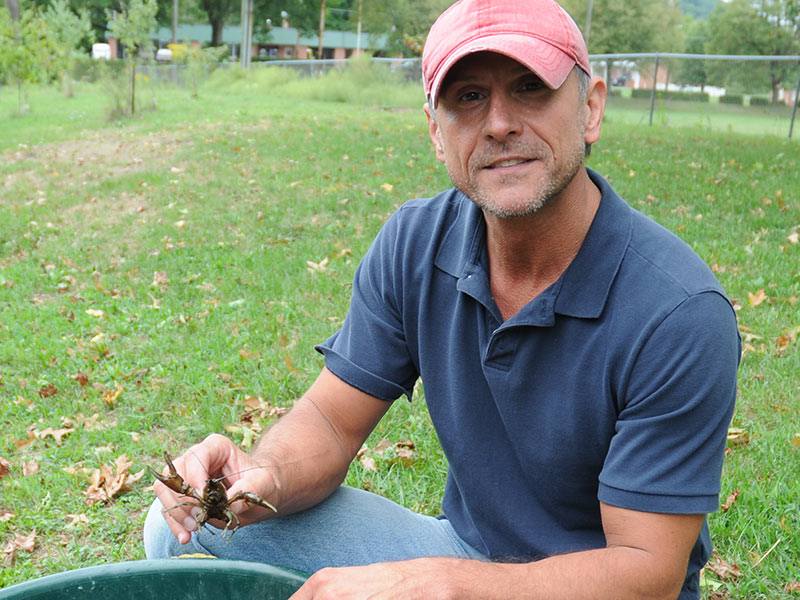
“I had a team of students get involved in doing fish sampling. They got to operate backpack electrofishing units. It was a high-profile project where they got to do some cool things.” George Merovich, associate professor of environmental science
Student partnered research was a priority from the beginning of his career at Juniata.
“When I first got here, some of the work I was doing was on endocrine-disrupting compounds. I got research money to look at the Juniata River for endocrine disrupters,” George said. “I had a student who was excited about environmental chemistry going out to collect water samples and analyzing them. I was so happy to have her involved in that work and it inspired me.”
Another facet of that project was looking at how endocrine disrupters may affect fish and invertebrates.
“I had a team of students get involved in doing fish sampling,” he said. “They got to operate backpack electrofishing units. It was a high-profile project where they got to do some cool things.”
Juniata’s reputation for environmental research draws students who are excited at the prospect of participating in studies during their undergraduate careers.
“I get emails about students who want to do research with me. Students want to do something with visible outcomes,” said George. “Environmental science and fisheries offer not only hands-on projects but the ability to see the results of their work.”

